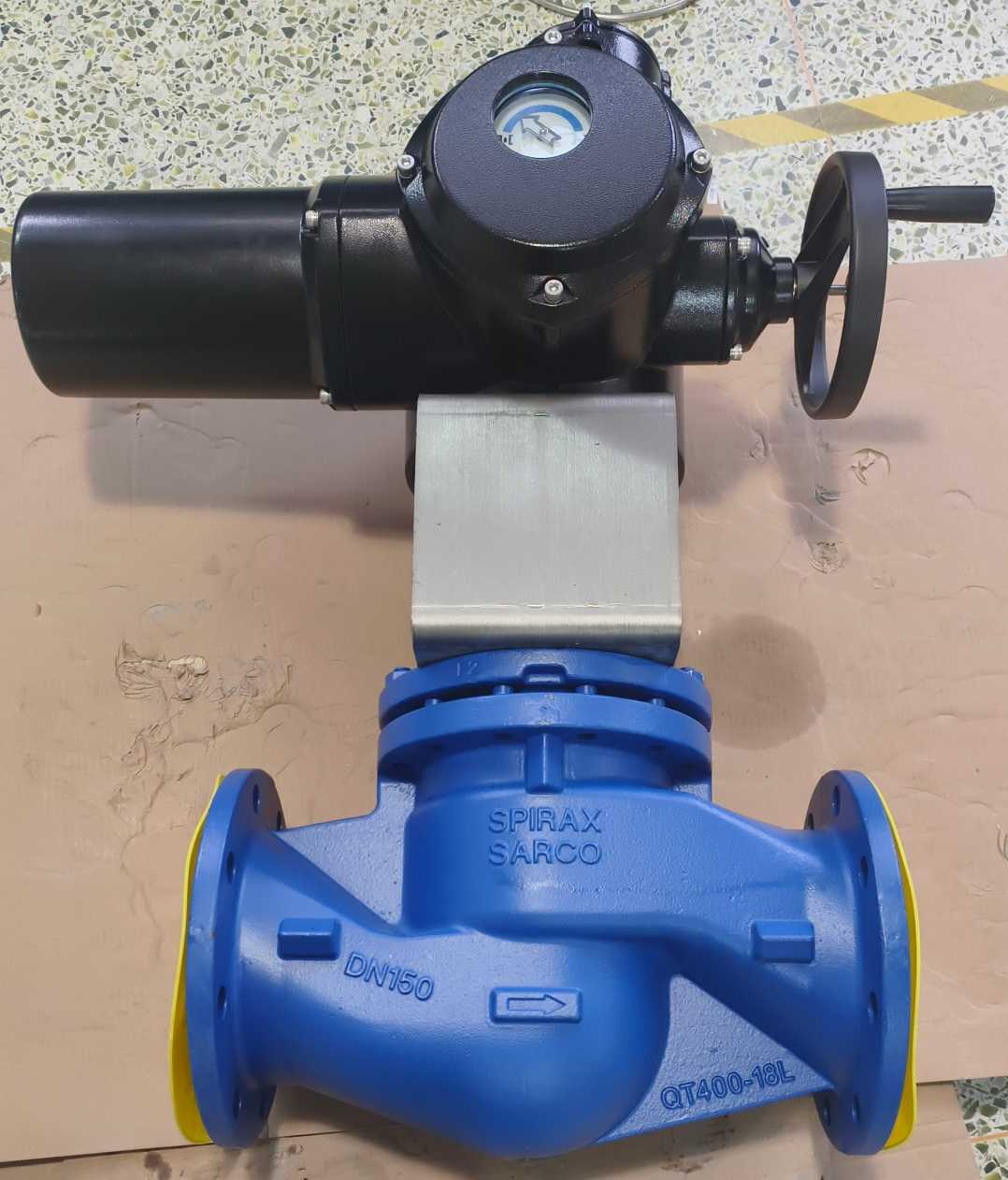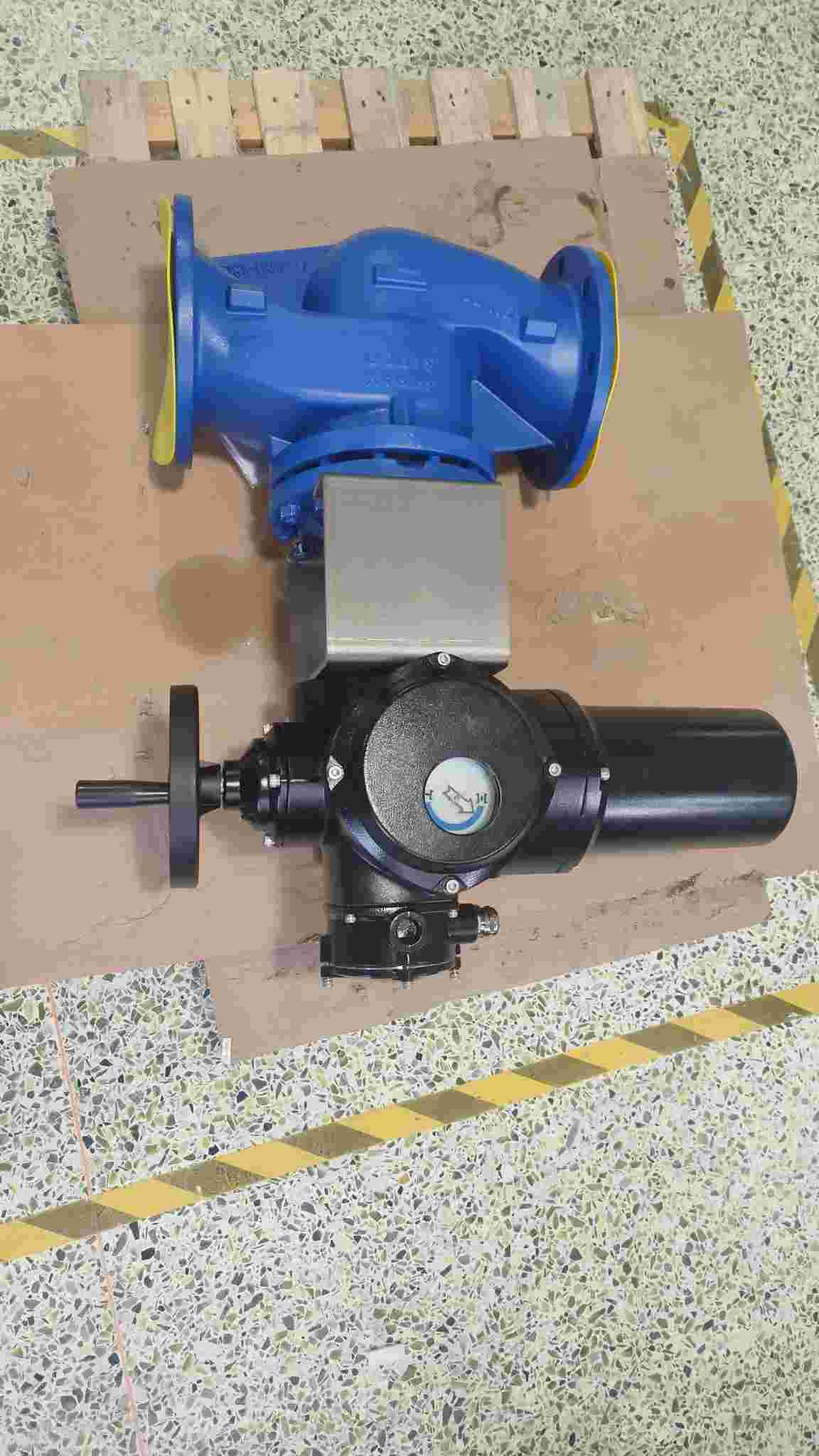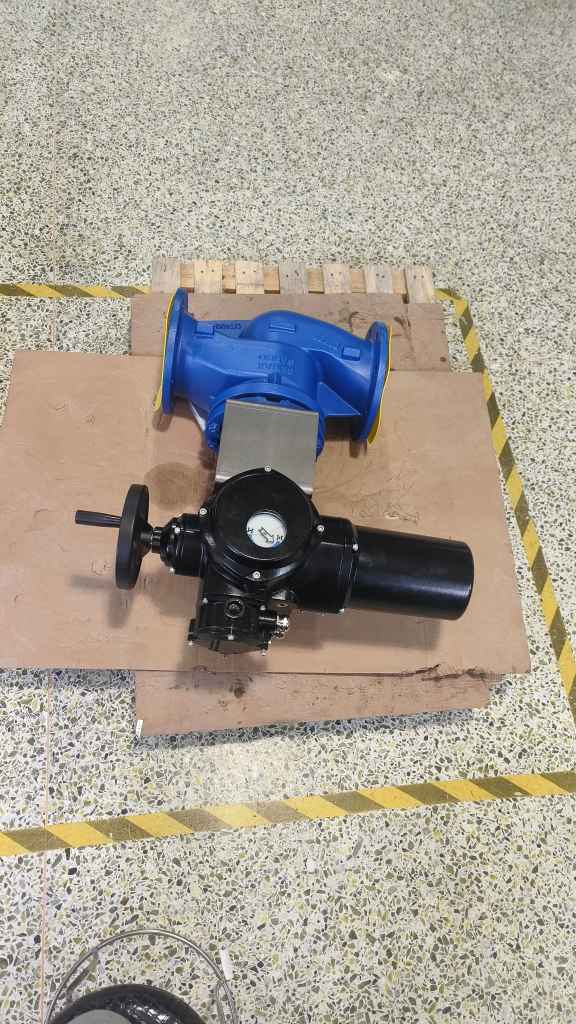
In recent years, the demand for lithium-ion batteries has surged across various industries, from electric vehicles (EVs) to renewable energy storage solutions. While lithium batteries are known for their high energy density and long lifespan, ensuring their safety and performance remains a top priority. One crucial component in enhancing the safety and efficiency of these systems is the Lithium Battery Electric Shut-Off Valve. This valve plays a pivotal role in regulating the flow of gases, liquids, or electrolytes within the battery system, contributing to its overall safety, performance, and longevity.

What is a Lithium Battery Electric Shut-Off Valve?

